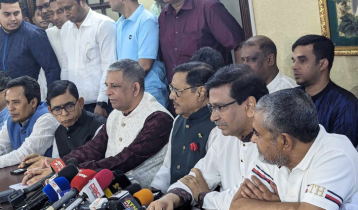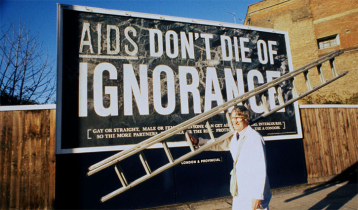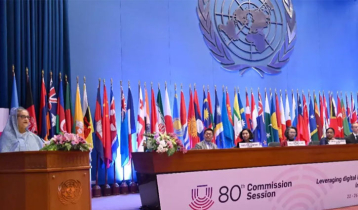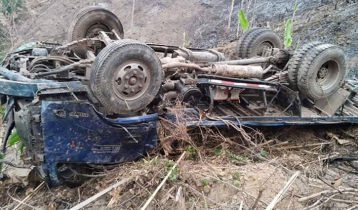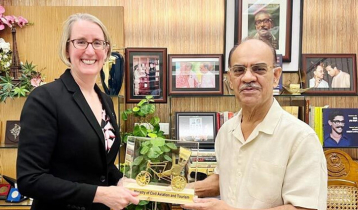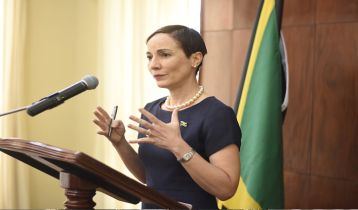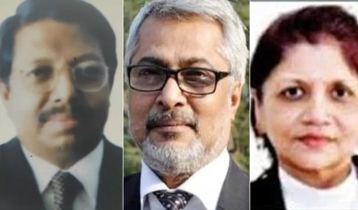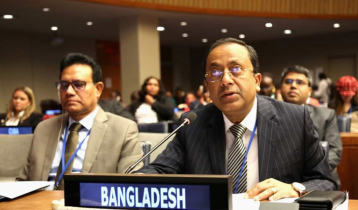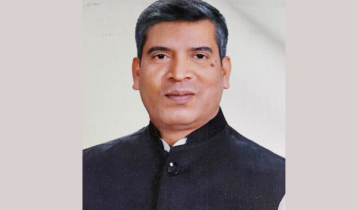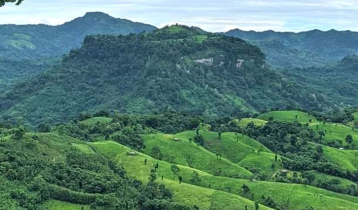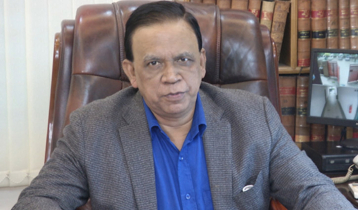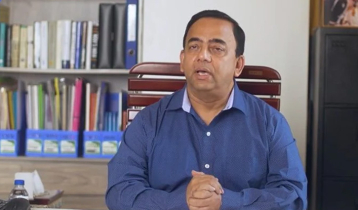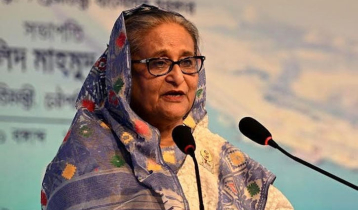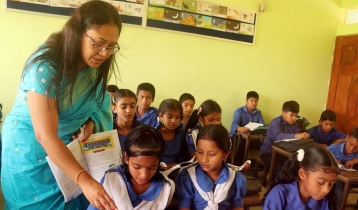Critical year for climate change starts in Madrid
8 || risingbd.com

A critical 12 months in the battle against rising temperatures begins in Madrid this week, as UN delegates gather for key talks.
The 25th Conference of the Parties, or COP, will see negotiators from almost 200 countries in attendance.
Ahead of the meeting the UN secretary general has warned that the world is at the point of no return.
António Guterres said the global response to date has been "utterly inadequate".
The conference takes place amid a welter of bad news on climate change in recent days.
The World Meteorological Organisation announced that greenhouse gas concentrations reached their highest recorded level in 2018.
The UN Environment Programme showed that there's a huge gap between the plans that governments currently have on the table to cut emissions and what's needed to keep under 1.5C. Keeping to that guardrail will need a five-fold increase in the carbon cutting ambitions of countries.
The UN Secretary General warned delegates ahead of the meeting "the point of no return was no longer over the horizon".
"We simply have to stop digging and drilling and take advantage of the vast possibilities offered by renewable energy and nature-based solutions," Mr Guterres said.
As well as demanding that the negotiators increase their level of carbon cutting ambition at this meeting, Mr Guterres announced that the Governor of the Bank of England Mark Carney will take on the role of UN Special Envoy on climate action and climate finance.
Yes, this annual event, the Conference of the Parties or COP was due to take place in the Chilean capital Santiago this year. It was cancelled by President Sebastián Piñera due to ongoing civil unrest in the country.
After a brief flurry of diplomatic activity, Spain said they would step into the void and host the conference, with Chile still leading the diplomatic negotiations.
The Spanish argue that it is critical to support a UN process that depends on global co-operation in the face of rising nationalism around the world.
"COP25 will reaffirm that multilateralism is the best tool to solve global challenges such as climate change," said Spain's minister for the ecological transition Teresa Ribera.
"Neither the UN nor the international community have let the climate agenda fall, despite the challenges to organise this event, because this is a vital moment to drive implementation and action. Spain immediately offered to organise the summit in record time. There is no turning back."
The hope is that this meeting will concentrate the minds of international diplomats on the huge scale of the challenge.
Governments have promised to update their climate pledges by 2020, when the COP will be held in Glasgow.
But so far, despite the urgings of scientists, major improvements in pledges have been slow to materialise.
Many nations have aspirations to carbon neutrality in the long term, but they have been slow to put specific short-term commitments on the table.
"Some 70 countries have pledged to become carbon neutral by 2050, this must be carried on at Madrid COP," said Sonam Wangdi, the Chair of the Least Developed Countries (LDC) group in UN climate change negotiations.
"There must be an agreement among us all to do our fair share. If it doesn't happen in Madrid it could be too late for 2020 pledges."
The hope for Madrid is that the meeting can avoid major bust ups and keep edging forward.
It also has to overcome two possible banana skins - loss and damage, and carbon markets.
This issue has dogged the negotiations for several years now, but the likelihood is that it will come to a head in Madrid.
Loss and damage are the impacts that can't be prevented or adapted to by countries.
Some experts consider "loss" to apply to the complete destruction of something such as human lives, habitats and species. "Damage" refers to something that can be repaired, such as roads or buildings.
So the examples that are given are rising sea levels which can't be prevented, or storms that are connected to rising temperatures.
Back in 2013, under pressure from developing countries, the climate talks set up a special forum to discuss loss and damage. In Madrid the delegates must decide how to progress. Poorer nations want the loss and damage to have teeth within the UN setup, and more importantly, funding.
"Everybody has to recognise that there is a need and then there must be a funding window," said Sonam Wangdi from the LDCs.
"Once you have that, where the funding comes from is secondary, right now there is no fund."
Rich countries fear that the whole question is a way of tying them into paying out for sea level rise and storms for centuries ahead, because the bulk of the carbon in the atmosphere comes from fossil fuels used by the developed world.
As the conference starts, 150 environmental groups including climate activists Naomi Klein and Lidy Nacpil have written to ministers calling for adequate funding for loss and damage.
They say the combination of climate disasters and debt can prove toxic for developing nations.
"The climate crisis has been causing death, despair and displacement in the global south," said Harjeet Singh from Action Aid.
"This bullying of the countries hardest hit by climate change, by those that got rich from extracting and consuming fossil fuels, must end now."
Hot air is in fact one of the big concerns with the question of carbon markets.
In the past richer countries have often paid for carbon reduction projects in poorer nations.
The wealthy have then been able to count the carbon saved from these projects against their own emissions.
These schemes were discredited amid accusations of fraud and "double counting" where both the poor and the rich countries counted the same emissions reduction as part of their plans.
Source: BBC
Dhaka/Mukul
risingbd.com

